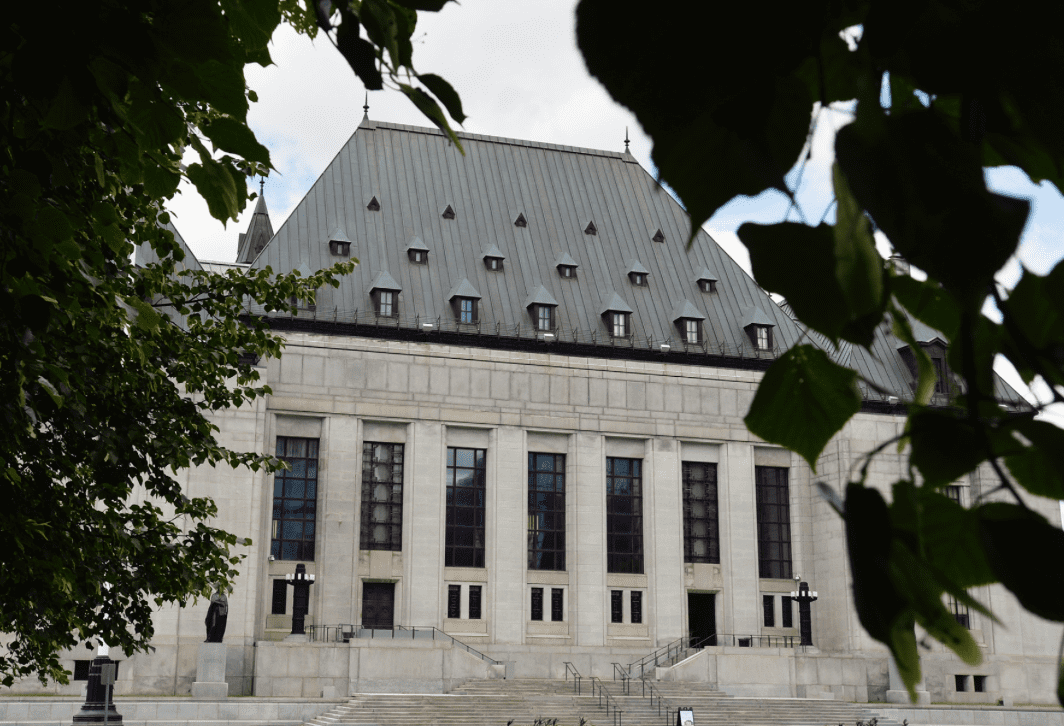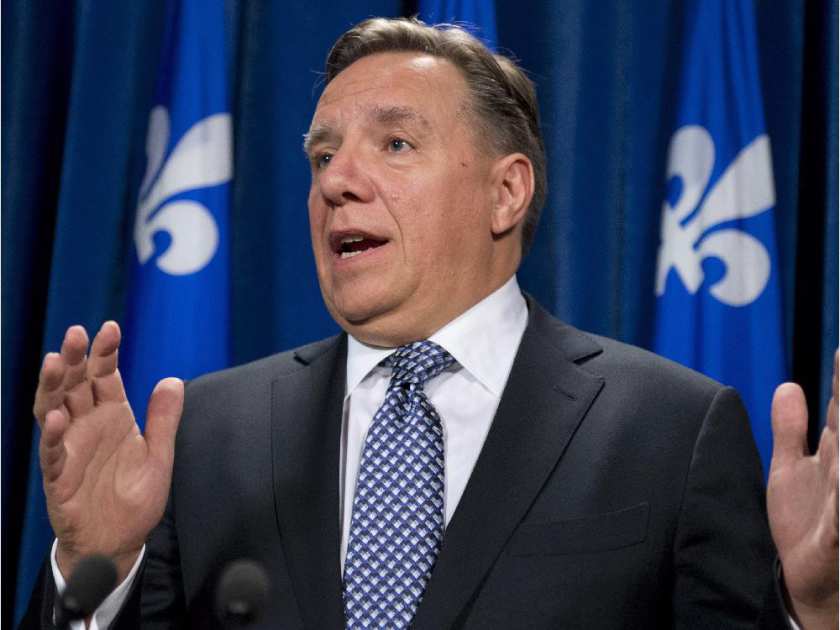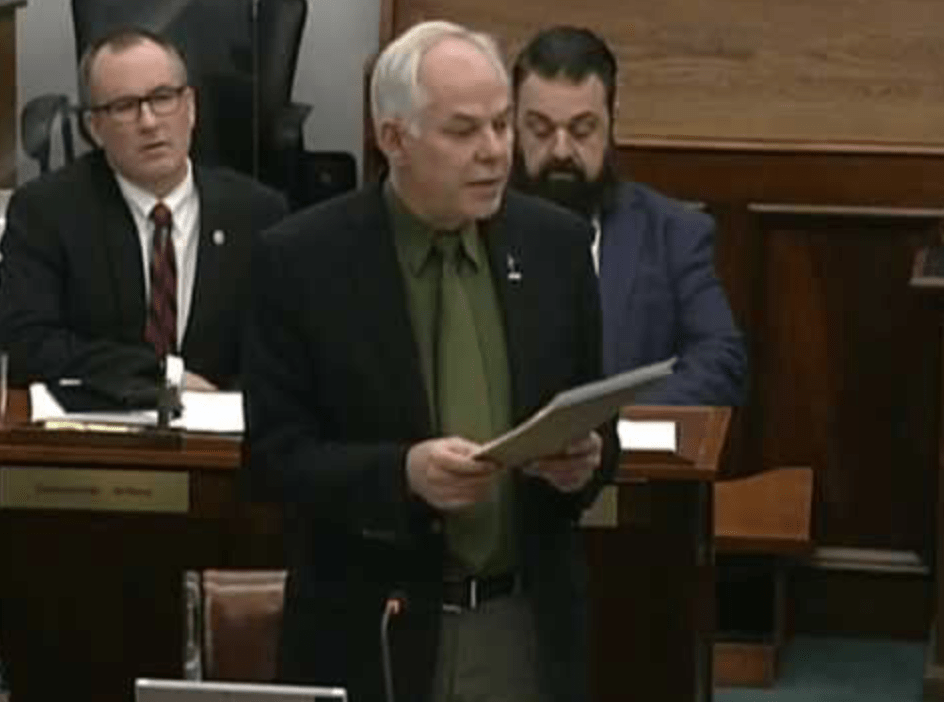The spectacle of the confirmation hearings for U.S. Supreme Court nominee Brett Kavanaugh should be a reminder to Canadians about how fortunate we are to have the judiciary that we do. While American Supreme Court nomination hearings are often partisan sideshows, where hot-button social issues like abortion are litigated on the floor of their Senate Judiciary Committee, the Canadian process has evolved in a way to keep these kinds of hot-button issues off the table. Is this the better way to go? In my own particular Westminster-system chauvinism, I'd say obviously yes, but we also don't have the same kind of 5-4 partisan deadlock in our Court's composition, and that makes a huge difference for how these kinds of things play out.
We don't need to hold any kind of public confirmation hearings in our system, mind you, given that federally-appointed judges are a Governor-in-Council appointment that can be made with minimal consultation, but that's rarely how they happen, and we've largely engaged in our public process that in some ways apes the American process in the name of increased transparency. Most of the time, anyway, and it's been a process with some setbacks along the way. Generally how it happens is that in advance of a vacancy on the Court, either when a justice approaches mandatory retirement at age 75, or when they announce their intention to retire (usually with a few months' notice so that they can finish writing decisions currently on their desks), the federal minister of justice will consult with the Bar Associations of the region where the vacancy is imminent (because remember, we have a convention about regional distribution on our top court, plus three mandatory Quebec seats because they use a civil law system in the process whereas the rest of the country uses a common law system). Short lists are drawn up, and the prime minister eventually makes a choice.
Over various iterations of trying to make the process more transparent in Canada, we've had ad hoc committee hearings to have MPs and senators ask questions of the nominees, but keeping the questions outside of the realm of asking how they would rule on hypothetical cases on hot-button topics. This sometimes wound up with questions like "who is your hero?" and other such softballs, which makes the exercise seem a bit frivolous, though it did also produce some sniping from MPs to the point of outright rudeness over a nominee's bilingual credentials. We also had a process at one point under the Harper government where MPs from the different parties would vet the short lists and provide recommendations in confidentiality, but this wound up being politicized when MPs on the committee were forbidden from expressing that they didn't agree with the choice while Harper would stand up in Question Period and intimate that they did.
For those of you who remember, this was where we got into the Nadon controversy, where Harper appointed a supernumerary (semi-retired) judge from the Federal Court to the Supreme Court, but the constitutionality of his appointment wound up being challenged because he hadn't been a member of the Quebec bar at the time of his appointment (being a Federal Court judge in Ottawa), and this went against the provision of having three judges from Quebec. The Supreme Court heard the arguments (Nadon obviously sitting the case out) and they came to the decision that he didn't qualify for the post. Nadon returned to the Federal Court, while Harper made a new appointment in Nadon's place, and from then on, he stopped all future consultation or public processes with Supreme Court of Canada appointments, and simply reverted to the old way of simply announcing appointments following private consultations.
By contrast, Justin Trudeau created an arm's length appointment process, headed by former prime minister Kim Campbell to find potential jurists that fit their particular criteria (which includes bilingualism), but courted controversy by suggesting that he might ignore the convention around regionalism in order to satisfy the diversity criteria. Fortunately, he backed down from that suggestion and found candidates that fit (most) of his criteria in the appropriate regions (though the hoped-for Indigenous judge that meets the official bilingualism criteria has not yet been found), but he did resume the ad hoc committee hearing process as well, with the substantive provision that the Justice Minister gets to be asked why she made the recommendation for that judge. As well, because this new process relies on applications, the successful candidate's questionnaire has also been made public following the nomination, so that people can judge their responses.
None of this is to say that our court isn't political it very much is, and they have a great deal of influence over public policy (and some would argue too much, leading to the concerns about "activist judges.") There is, however, a difference between being political and partisan, and if nothing else, that has been demonstrated by the fact that at a time when Stephen Harper had appointed seven of the nine justices on the Supreme Court, they would still often rule against him unanimously something that wouldn't happen in the American courts with their constant 5-4 partisan balance.
It's also worth noting that while there was a constant fear during the Harper years that he would "stack the bench" with hardline conservative judges that would eventually give him the kinds of judgements that would suit his political agenda, it never came to pass in large part because we don't have the same kind of conservative legal culture that exists in the states. This has also prompted some of the agitation around Trinity Western University's attempt to start a law school, in order to build the ecosystem for more ideologically conservative lawyers and judges in the future. Suffice to say, that is currently not the bulk of the legal or judicial culture in the country, which helps to make the difference between what happens here, and the partisan circus that Kavanaugh hearings have devolved to, so stark.













